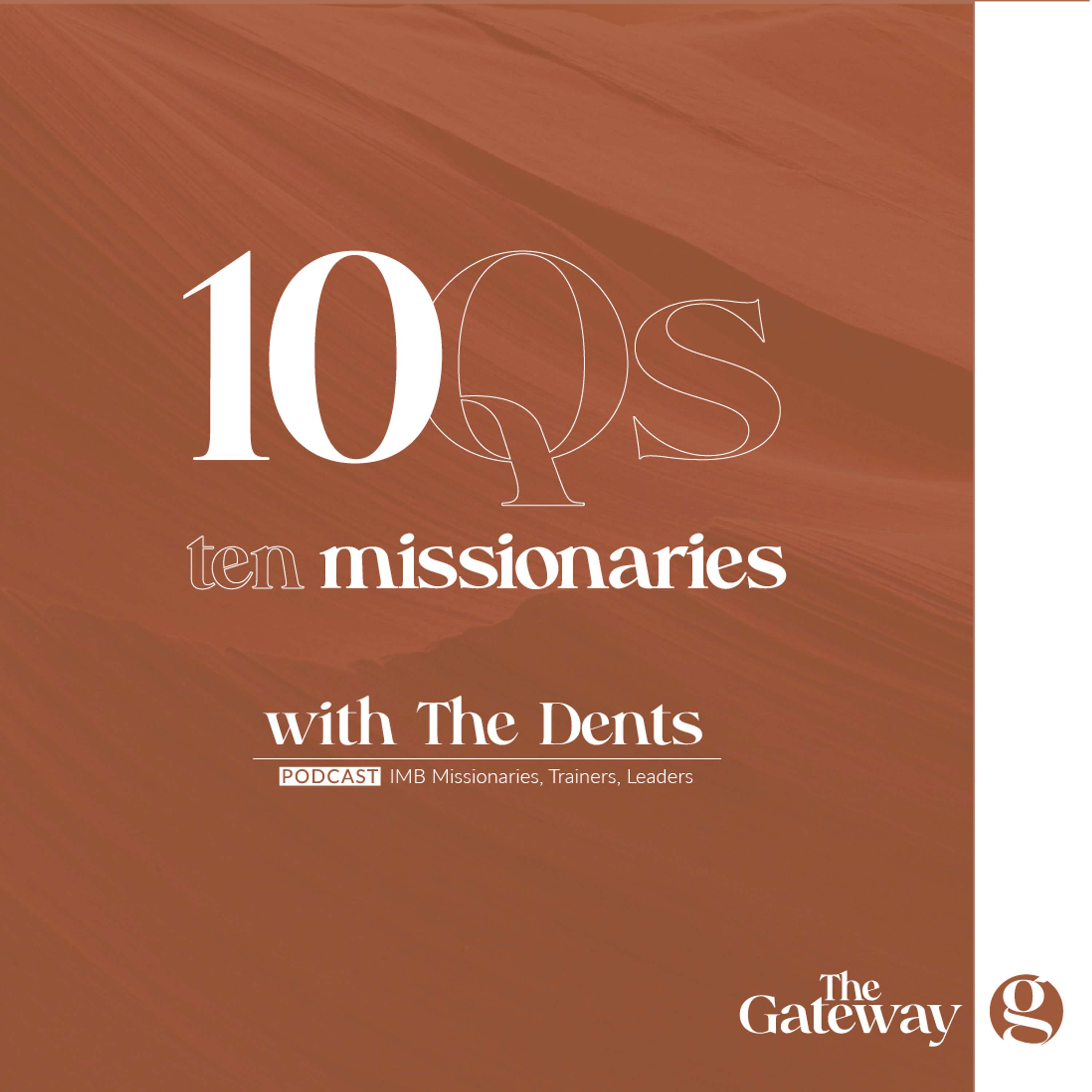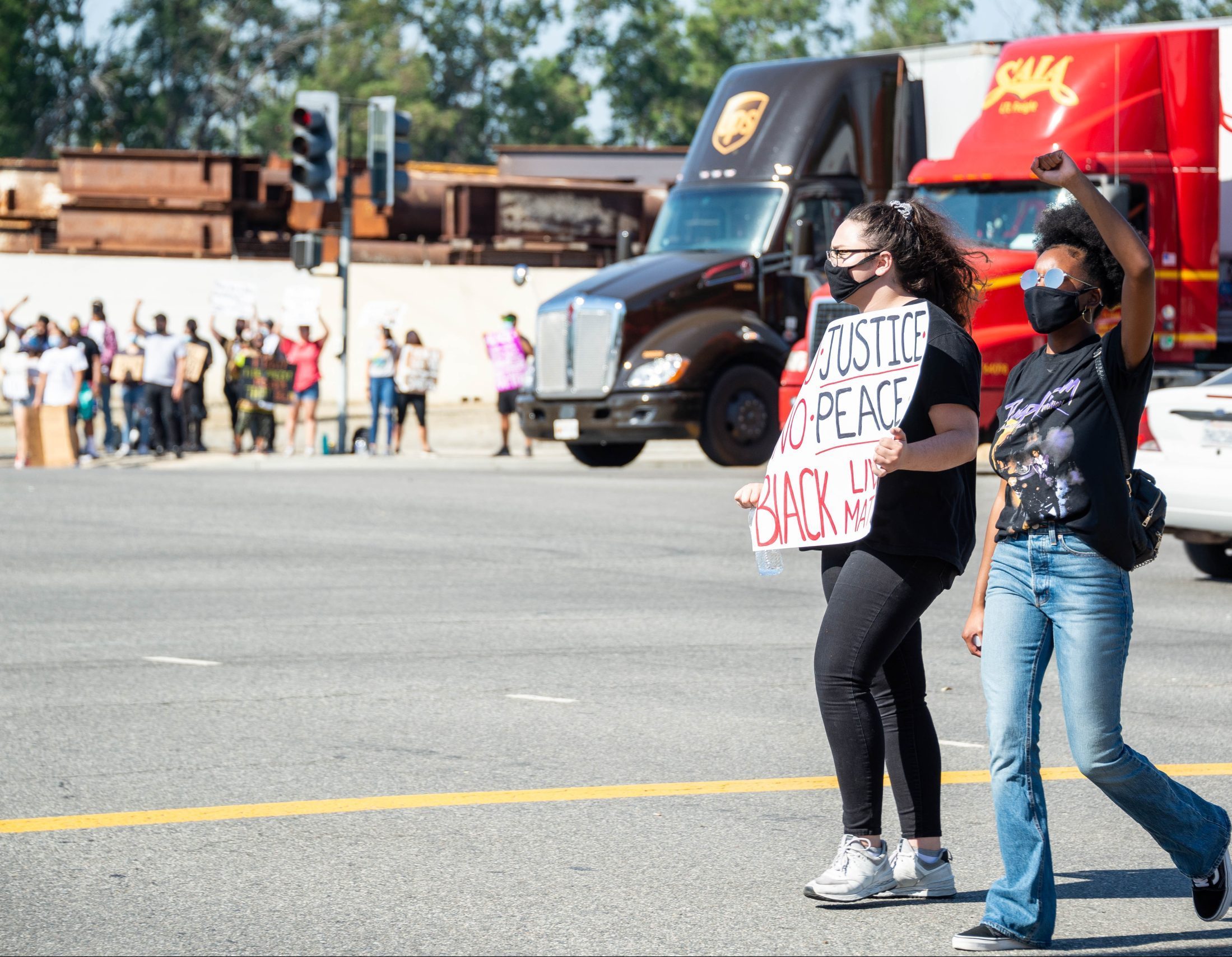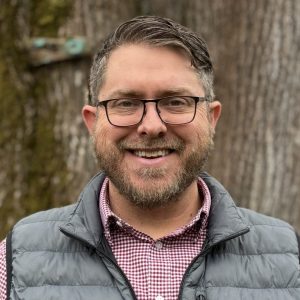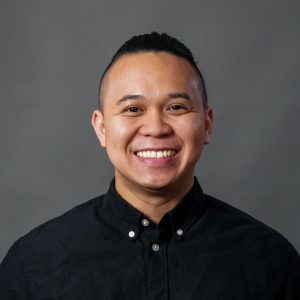A few years ago, I planned a beach day with friends to escape the summer heat of the San Fernando Valley. While deliberating, one of them mentioned that he was in urgent need of a tan. I was flabbergasted. I had no idea why people would want to get darker. I thought the lighter your skin, the more desirable you must be.
Growing up in the Philippines, I often heard comments like “she’s pretty for being dark,” or “you really need to stay out of the sun.”
As a first-generation Filipino immigrant, I grew up believing in the supremacy of America. Hollywood entertainment and the US colonial influence in the Philippines conditioned me to think of America as an enviable, picture-perfect land.
Therefore, speaking English proficiently was a criterion for honor. Possession of American imported products was a symbol of worth. But the most valuable quality that encompassed all these desirables was white skin. From television ads to posters in local stores, staying indoors to papaya whitening soap – beauty and worth were dictated by the lightness of one’s skin, and America seemed to have no shortage of that. To me, whiteness and the idea of America were inextricably linked and intrinsically valuable.
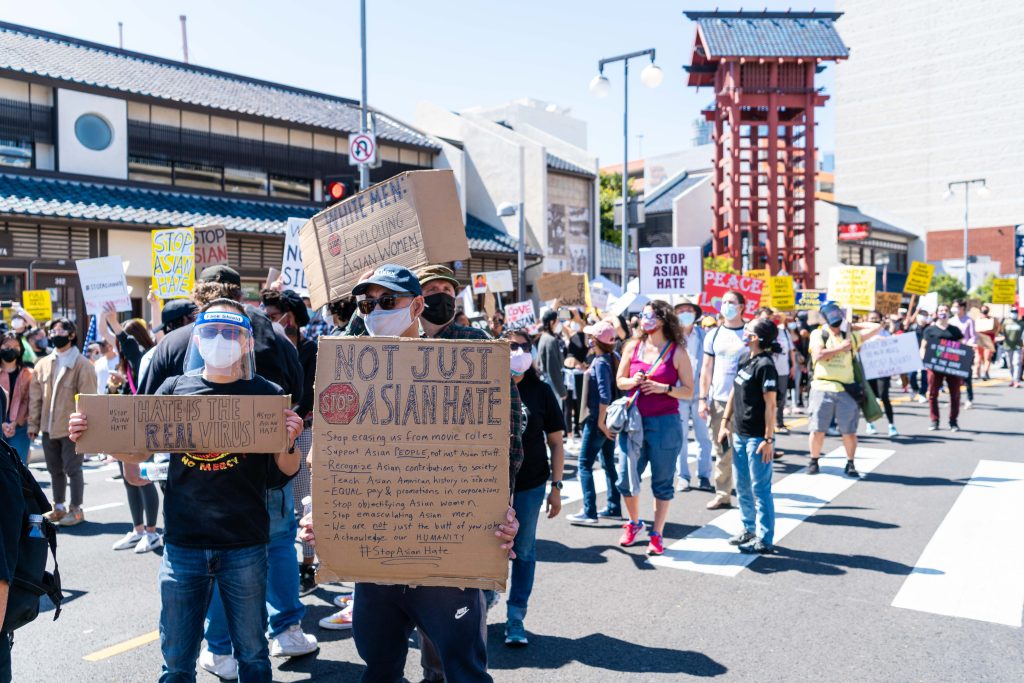
I carried this deeply ingrained belief as I migrated to Los Angeles—Hollywood’s hometown that, ironically, exuded ethnic diversity. I was surrounded by immense multicultural and multi-ethnic communities, but I ultimately still evaluated beauty and value through the lightness of one’s skin. It was an indicator of trustworthiness, safety, and success to me. Honestly, I only listened to those who looked and acted white.
However, my perceptions of whiteness and America began to shift. In California, I heard my first black joke – as well as other racially stereotypical jests. It is where I heard the stories of African slaves dehumanized. It is where I first heard the ongoing reverberations of historic discrimination. My assumptions were challenged as I learned about America’s complicated history and the stories of my peers.
One of those challenging accounts came from a local pastor and friend. He is a dark-skinned Mexican American and has had a number of unwarranted police stops. In one instance, while driving with his white wife, he was pulled over. After taking a good look at my friend and obtaining his driver’s license, the officer moved over to the passenger side and asked his wife, “Ma’am, are you okay? Is this man causing you any trouble?”
Along with the rest of the country, Southern California experienced its share of protests following George Floyd’s death in police custody. Shouts of “No Justice, No Peace” echoed through our communities. People held up signs imploring others to say the names ‘George Floyd’ and ‘Breonna Taylor.’ Their passionate demands for policing reformations emanated throughout neighborhoods and cities.
As I witnessed this, I was overcome with a barrage of emotions. Anxiety, frustration, excitement, sadness, confusion—a mixed bag of sensations that reflected discordant voices inside me. I’m an immigrant empathetic with the experience of minorities. Yet I am also a naturalized citizen thankful for American opportunity. I was homegrown in the Philippines conditioned with racial biases. But I am also Filipino-American sharing the burden of society’s racial issues. I am a community member ready to accept the ideals of my peers. Yet I am also a Christian who is called to propagate truth. So, I turned to scripture to try to answer this question: what posture should I take in response to this public outcry of racial injustice?
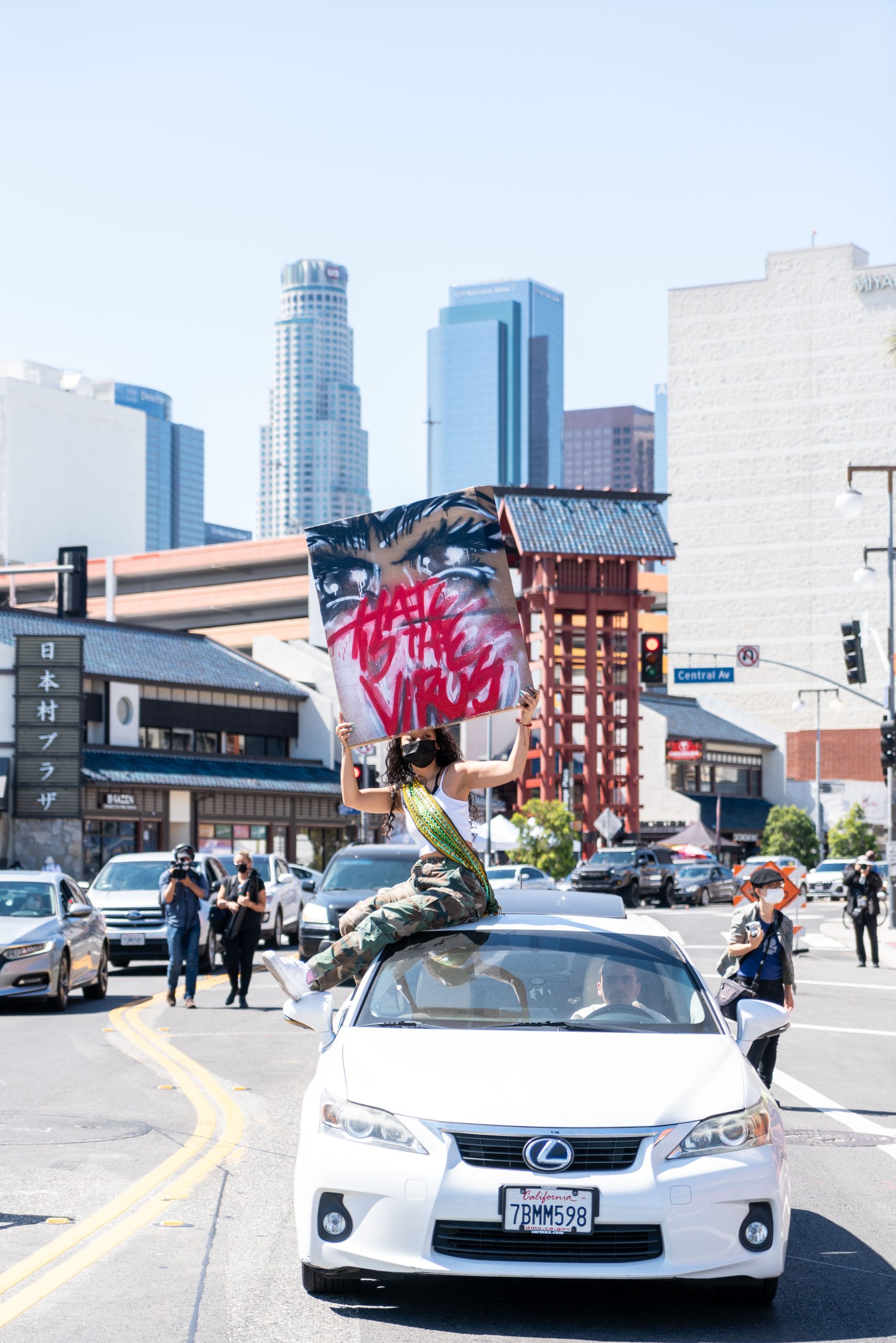
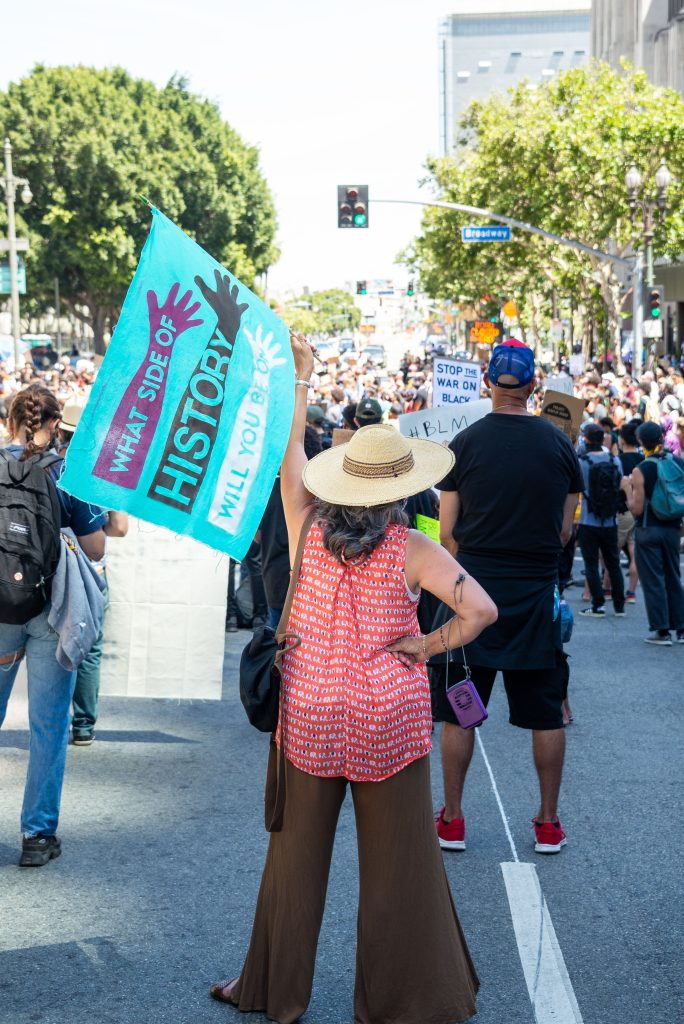
The gospel reconstitutes humanity’s system of worth. Apart from Christ, value is determined by many arbitrary and unfair factors. In the ancient world, gifts, favor, and honor—integral elements for survival—were only given to those who society considered worthy. Today, America’s criteria for worth involve adhering to societal standards, defending cultural norms, displaying extraordinary talent, and even skin color. The gospel, however, defines worth by Christ’s gift alone. In other words, all people are valuable because Christ gives Himself up for all people.
Christ’s self-giving is the means for God’s ultimate plan – the redemption of all creation and reconciliation of humanity back to God and to one another. He sought not only to forgive but to undo the oppressive and divisive nature of humans. Our depravity is a microcosm of sin—the ultimate oppressive force that enslaves people to its power. The righteousness of God demonstrated in Christ is not only experienced in the forgiveness of sin but our deliverance from its dominion. The gospel is a rescue mission from enslavement towards freedom, equity, and unity in the multiethnic, multicultural, and multigenerational new covenant family.
As an active participant in this mission, I am compelled to listen. To listen to those who feel disenfranchised. To listen to those who are in agony. To listen to those who still feel the reverberation of oppression in America’s history. To listen to those pleading to be valued.
Much of the Christian response I have seen, unfortunately, has not involved enough listening. Words become triggers that automatically label people as enemies. Civil and healthy dialogue has been replaced with brutal rhetoric. Condemnation is bolstered while compassionate understanding is diminished. Rather than listening to their experience, many of us have invalidated their pain.
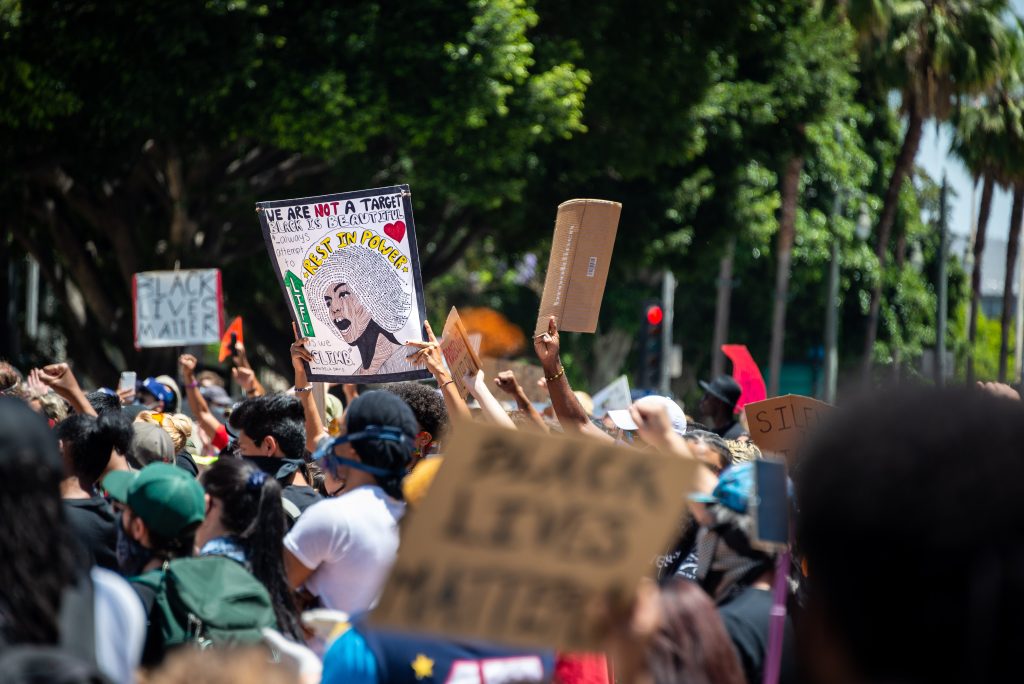
G.K. Chesterton once wrote, “There is a lot of difference between listening and hearing.” The ability to listen is an active, gospel-inspired practice (James 1:19-27). Listening involves attentiveness, acknowledgment, empathy, and understanding. It is a discipline that requires patience, open-mindedness, and a perspective that strives toward the biblical vision of reconciliation and ultimate redemption.
We only listen to people who we think have value. The gospel compels us to deconstruct our deeply ingrained systems of worth in order to see all people as intrinsically valuable and to seek reconciliation. Of course, one does not have to agree with all the ideologies and actions espoused by the Black Lives Matter movement, especially those that are unbiblical and result in the same oppressive ends. However, Christians cannot be deaf to the communal lament of millions of people who have real, valid trauma and pain. To listen is to acknowledge their worth. To listen is to recognize their real pain. To listen is to move towards unity and reconciliation. To listen is to be like Christ.
How easily we can make people feel valued by just listening.
Read More
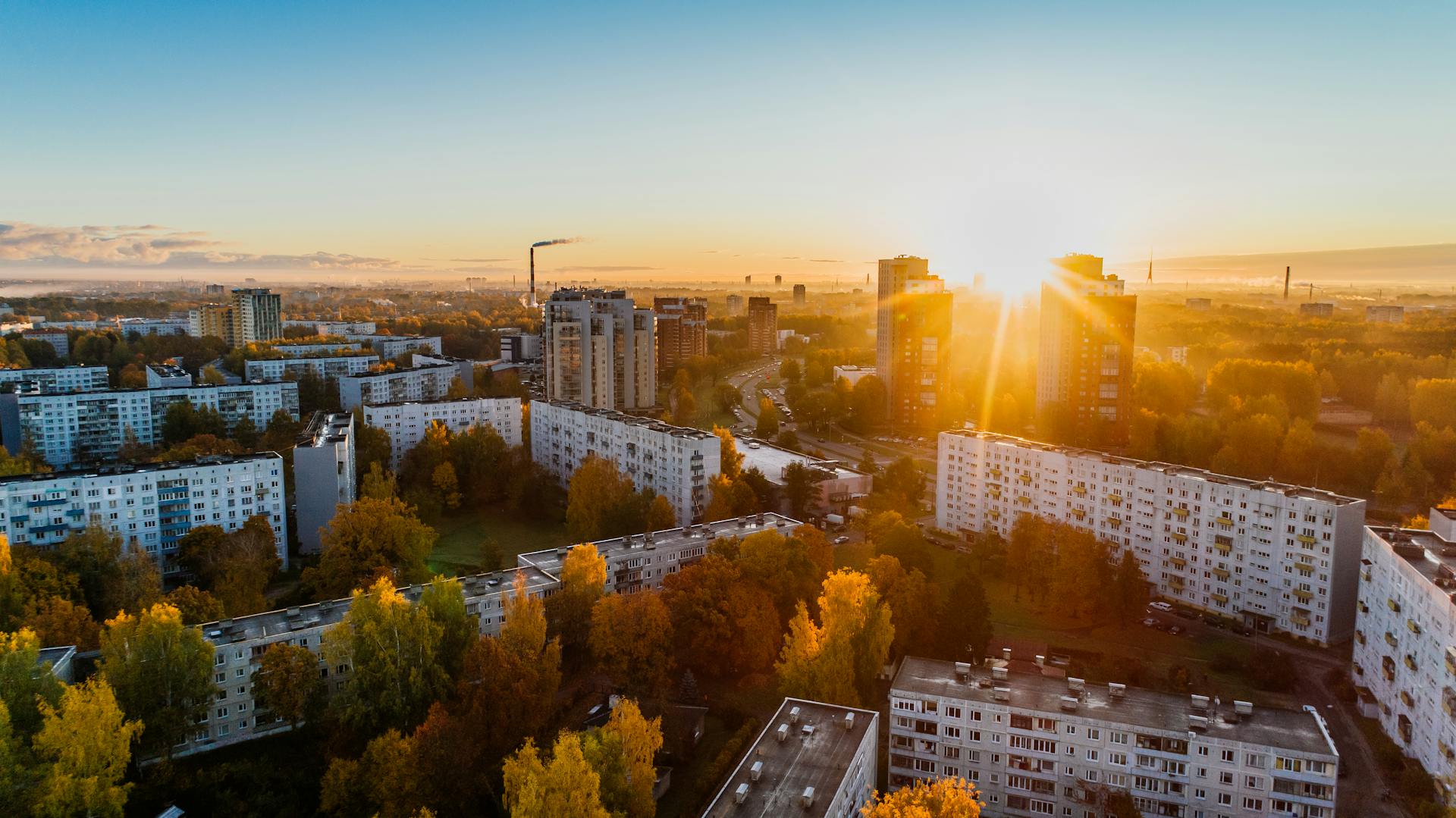
Comfort Twice Over
When we provide comfort to fellow believers, we are the means by which God has chosen to provide his comfort.

Inheritance & Glory: Our Vocation
For believers, while heaven may seem long away, our eternal inheritance is already available to us in the here and now.
Listen
Brian Borgman
On this episode of The Jonathan Edwards Center Podcast, Dr. Chris Woznicki interviews Dr. Brian Borgman regarding his book, Jonathan Edwards on Genesis. They discuss Edwards as an exegete, as an interpreter of scripture, specifically looking at Genes

The Dents
Tyler sits down with longtime missionaries and retired Gateway faculty, Don and Anne Dent. The Dents served with the IMB for over 30 years and most recently at Gateway Seminary. In this episode, they reflect on their past experiences from working in the mission field
